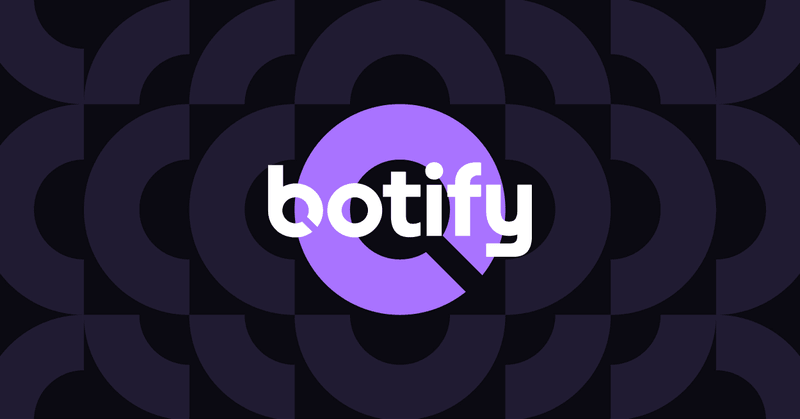
First impressions are everything.Whether you're showing up to an interview in a perfectly tailored suit or meeting the parents for the first time looking clean-shaven and neat, the effect of that first impression sticks.Heaven forbid you show up to that interview in sweats or reach out a cheetos-stained hand to shake Dad's.That sticky handshake is the equivalent of a slow load time on your website. Both Googlebot and customers walk away disappointed.
What difference does a millisecond make?
To Google, the difference is monumental between a page loading in 500 milliseconds and a page loading in 2 seconds. When a page doesn't load fast enough, Google loses precious time waiting around for it to respond, rather than crawling it and moving on to the next page, and the next, and the next after that. The longer a page takes to load, the fewer pages Googlebot is able to access within its limited crawl budget, before running out of resources for your site.For this very reason, page load time performance might be your biggest opportunity for SEO growth.The problem is simple: If a page doesn't perform, Google wastes time, and doesn't reach the next pages in the crawls queue. If those pages aren't crawled, they can't be indexed. If pages aren't indexed, they won't rank in search results. And when pages don't show up in search results, your customers won't find them and you won't increase traffic and revenue.And did you know that page load speeds may be slower for bots than for individuals? So even though a page (and your server) seems to work fast enough for you and your customers, Googlebot - the gatekeeper of Search Engine Results Pages - might be experiencing slower performance than you realize. And Google does factor page load time into your ranking.
How fast should your pages be performing?
Your target for performance is an average download time of less than 800 ms, or even under 500 ms, depending on where you start from. The Botify report classifies page download performance as follows:
- Fast: under 500 milliseconds
- Medium: between 500 and 1000 milliseconds
- Slow: between 1 and 2 seconds
- Slowest: over 2 seconds
Fast and medium download speeds are OK, though it would be worth inspecting the data further to see which types of pages are dragging down the averages in the Medium bracket. Are they very important, core content pages? You should be most concerned (and seek an immediate fix!) for pages that take 1 and 2 full seconds to load. These pages can use up Google's entire crawl budget for your site, preventing other key pages from ever being crawled.Beyond Googlebot, pagespeed is especially important for Mobile SEO, given users' limited patience when waiting for a page to load on their smartphone. And for ecommerce sites, page load times can have serious impacts on conversion rates at checkout, as well as for conversion on other sites and pages.Ultimately, pages that load faster both rank and convert at higher rates.
Increase page performance, increase organic traffic
Thankfully, the solution to this problem is simple. Improve page load times and you should, almost immediately, see increased crawl and indexing of your pages in search engines. When Google can access pages faster, it can, in fact, crawl more pages in the same amount of time, resulting in more of your site being explored and indexed.
With a global view of how your pages are performing, you get the general picture of your website load times. But, in order to take the appropriate steps to improve performance, it's necessary to dig a little deeper to see which pages, in which parts of your website, are slowing things down.Filter by:
- Subdomain
- Language
- HTTP status code
- Page depth
- Or any of a hundred other indicators to get at the root of your performance problems.
For example, imagine that your deep pages, those at depths of 6, 7, or 8 clicks from Home, are the ones suffering 1 and 2 second load times. Google already has limited resources to reach these deep pages - double the pagespeed of these deepest pages and you double the number of them that get reached, explored, and indexed!Once you understand where issues lie and why load times are slow in those areas, you can take steps to rectify them, focusing first on important content. Prioritizing key content means increasing crawls on the pages most likely to drive organic traffic.You only have a few milliseconds to make your digital first impression with Googlebot. How are you optimizing your page load time performance?
Previous ArticlePick a Page: See all data for 1 URL!
Next ArticleGet S-E-Organized. NEW Segment Filters!

.svg)



.svg)


.svg)
.svg)

